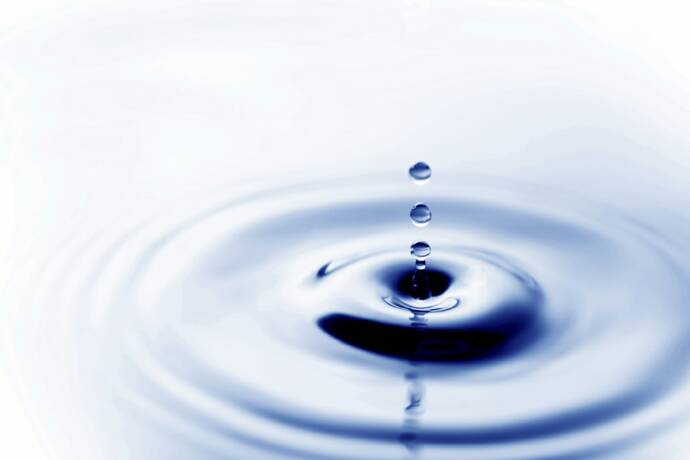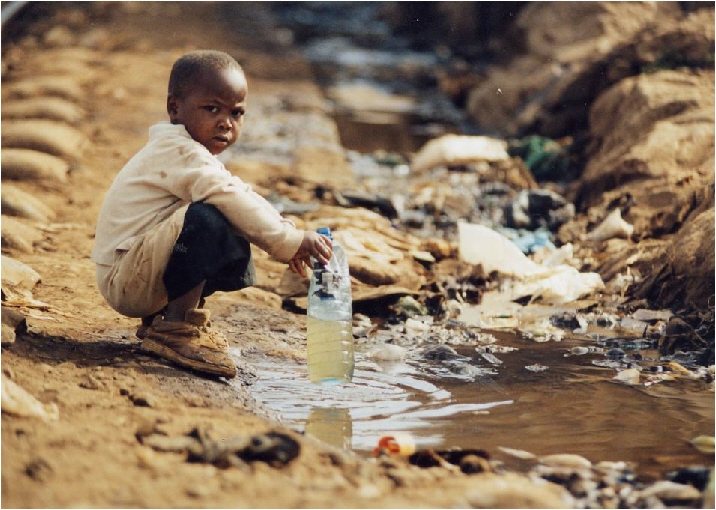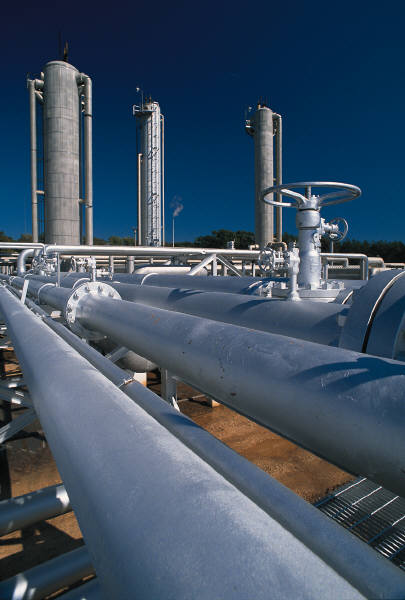

Energy Impact:
The generation of electricity uses water to turn turbines for hydropower or produce steam for thermoelectric power; it also uses cooling water to condense the steam produced by thermoelectric generation.
A shortage of water directly challenges the capability to produce power. In the summer of 2001, droughts drained hydroelectric power resources for the Pacific Northwest and Northern California. In Idaho, energy needs were pitted against the needs of endangered fish, as officials debated the timing of reservoir releases. Drought has forced the seven states that depend on the Colorado River system to contemplate sharing potential shortages as well as water.
Thermoelectric power production accounts for 48 percent of total water withdrawals, 39 percent of freshwater withdrawals and 3 percent of freshwater consumption in the United States, according to the U.S. Geological Survey.
On a national scale, freshwater withdrawal is projected to decrease anywhere from 1 to 31 percent between now and 2030, while consumption will increase from 21 to 48 percent over the same period.
The intimate link between water and thermoelectric generation has been driven home by recent accounts of new power projects being shut down because they cannot secure needed water permits. The increasing competition between power generation and other water-use sectors, such as agricultural, industrial, domestic, and in-stream use, will need to be addressed if the United States is to maintain economic growth and current standards of living. (Source: http://water-energy.lbl.gov)
Thermoelectric power plants are a major competitor for freshwater and will remain so in the future. These plants, which employ steam turbines fueled by coal, oil, natural gas and nuclear energy sources to generate electricity, require significant quantities of water. On average, thermoelectric power plants operating today withdraw approximately 25 gallons of water for each kilowatt of electricity generated, primarily for cooling. Source - http://www.netl.doe.gov
Alternative Energy Specialist
Promoting Renewable Energy Resources





